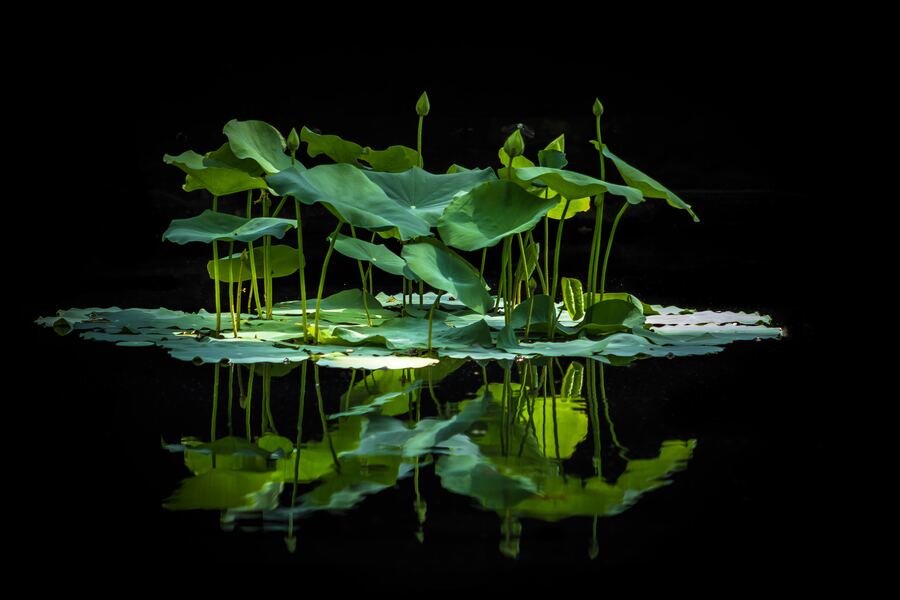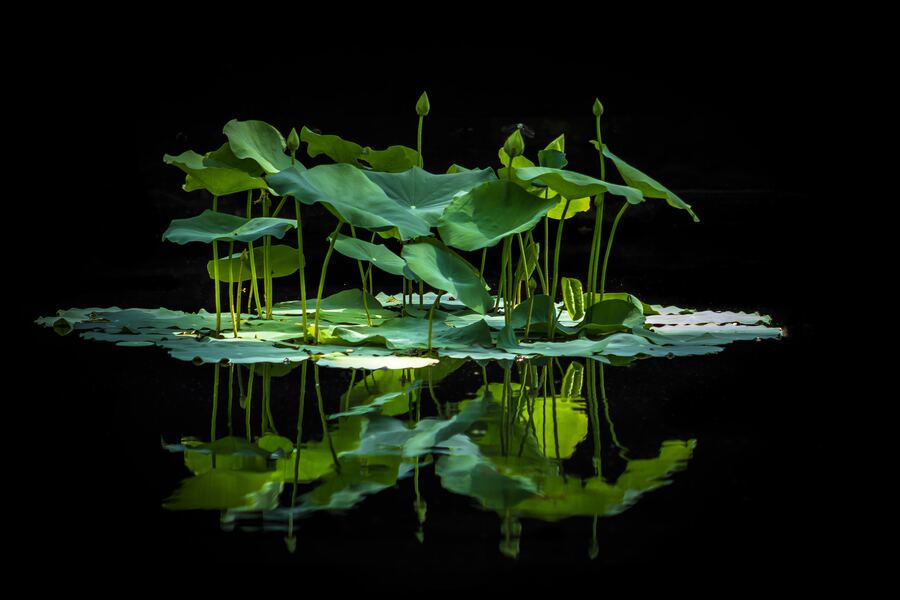
For property owners looking to create and maintain an aesthetically stimulating and biologically vibrant pond or lake, one of the most critical factors is the soil quality. The soil in and around your aquatic feature plays a fundamental role in supporting aquatic plants and promoting a healthy ecosystem. In this article brought to you by Aquatic Restoration, we highlight the importance of soil quality in lake and pond management and dive into the characteristics of the best soil for aquatic plants.
If you are looking for a reputable lake and pond maintenance company, then call Aquatic Restoration to hire uniformed specialists. We offer a wide range of services, including retention pond maintenance and lake management.
Optimal soil conditions are vital for aquatic plant life and the well-being of the organisms that depend on it. The soil in your pond or lake acts as the foundation for the entire ecosystem. It not only anchors aquatic plants but also influences water quality, nutrient cycling, and the overall health of the aquatic environment.
From the pH levels and nutrient content to the compaction and depth, there are many factors that influence the quality of soil, and its suitability for aquatic plants. Here are some key characteristics to know:
To achieve an aesthetically stimulating and biologically vibrant aquatic ecosystem, you must pay attention to the characteristics of the soil. The right balance of soil texture, pH levels, nutrient content, compaction, and depth can make a significant difference in the success of your aquatic plants and the overall health of your aquatic environment.

Consider regular soil testing and, if necessary, soil amendments to ensure that your pond or lake provides an ideal habitat for aquatic plants. If you would like to hire uniformed professionals to handle the pond or lake management, then call Aquatic Restoration and speak with a member of our team today.
Dredging is an integral part of keeping lakes clean, healthy, and sustainable. This…
Lake management is an integral part of keeping your lake in peak condition. It involves activities such as lake…
There are many incredible benefits that come with restoring natural lake depth. Not only does it improve water quality…
When it comes to maintaining healthy water bodies, there are two primary methods that are often used: dredging and pond…
There’s peace of mind in knowing you have a reliable detention pond on your property. These man-made ponds temporarily hold…